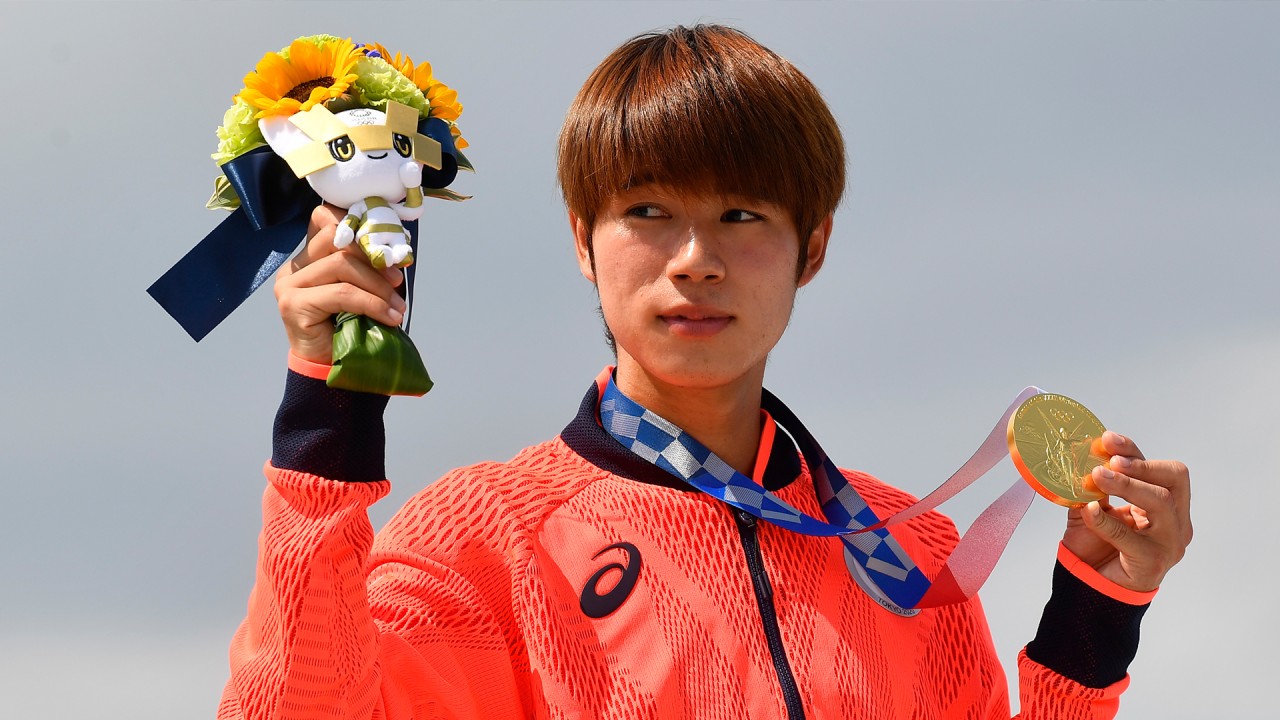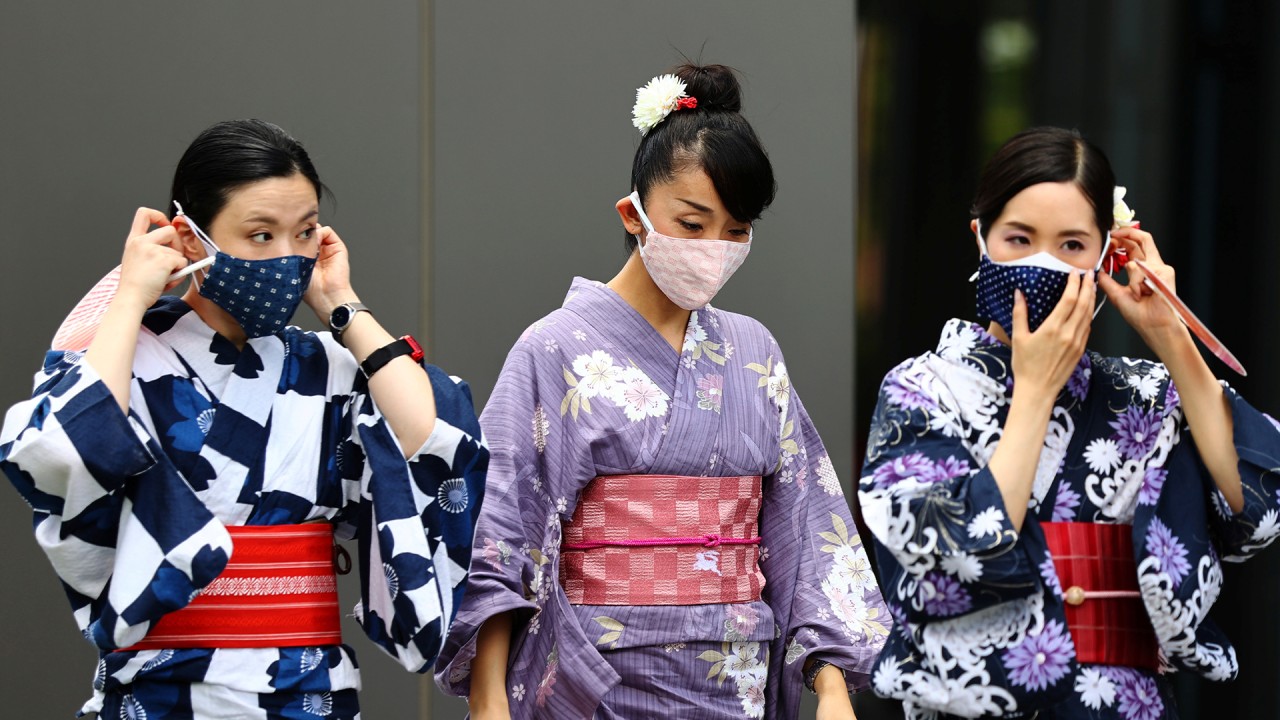
In Tokyo Olympics, an all-too-fleeting glimpse of a youthful and diverse Japan
- Support for torch-bearer Naomi Osaka and early success for Japanese athletes, many of them very young, coalesced into a wave of positivity that felt like a genuine cultural turning point
- That positivity is crumbling, though, as the Games wind down and new Covid-19 cases in Tokyo reach unprecedented levels
Osaka, at just 23, is a four-time grand slam champion and former world No 1. She is a household name in Japan, instantly recognisable as the face of numerous ubiquitous advertising campaigns.
Japan is often painted as entirely homogenous. Riding the bus or the subway, Tokyo can feel as though it lacks the diversity of other global megacities. Yet, first impressions can be misleading. CNN reports that, as of 2019, one in 30 babies born in Japan has a non-Japanese parent, compared to one in 50 three decades ago.
Initially, the move to make Osaka the global face of the Tokyo Games was greeted positively. Many domestic social media users responded to her emotionally charged post-ceremony messages with congratulatory words of support.
This wave of positivity spilled over into the first week of the events themselves. Japan’s athletes got off to a barnstorming start. There were feel-good stories galore as judoka Uta and Hifumi Abe made history by becoming the first siblings to win gold in an individual sport on the same day of the Olympics.
Unique coverage of the event concentrated national attention onto the sport’s Olympic debut. Among the host of commentators chosen by national broadcaster NHK to cover the events, pro skateboarder Ryo Sejiri brought a genuine flavour of the sport’s underground roots to national audiences.
Sejiri’s use of contemporary slang and skating terms set the words trending on Twitter. Mid-coverage banners featured messages from enthusiastic viewers who, having heard rumours linguistic barriers were tumbling on NHK, tuned in just to listen to Sejiri speak.
Outside the feel-good Olympic bubble, however, the picture is vastly different. Tokyo’s seven-day average of new coronavirus cases was 1,954.7 in the week leading up to the Olympics opening ceremony. During the first week of events, it was 3,478.7. On Wednesday of the final week, the daily case number reached 4,166.
As public mood turns increasingly sour, so does the early enthusiasm for the Games and what they might signify. Osaka was knocked out in straight sets in the third round of the women’s tennis singles. The loss preceded a sadly predictable social media barrage, including claims someone of dual heritage should never have been selected for the prestigious role Osaka played.
What feels most disappointing about a potential reversion to the norm is that the prominent roles played by Japan’s diverse Olympians had felt momentous, as if we were witnessing an instance of genuine sociocultural change in real time. Already suffering from the anxiety surrounding the nation’s escalating coronavirus situation, it would be a devastating blow for many to see such gains surrendered.
Will Fee is a journalist based in Tokyo




